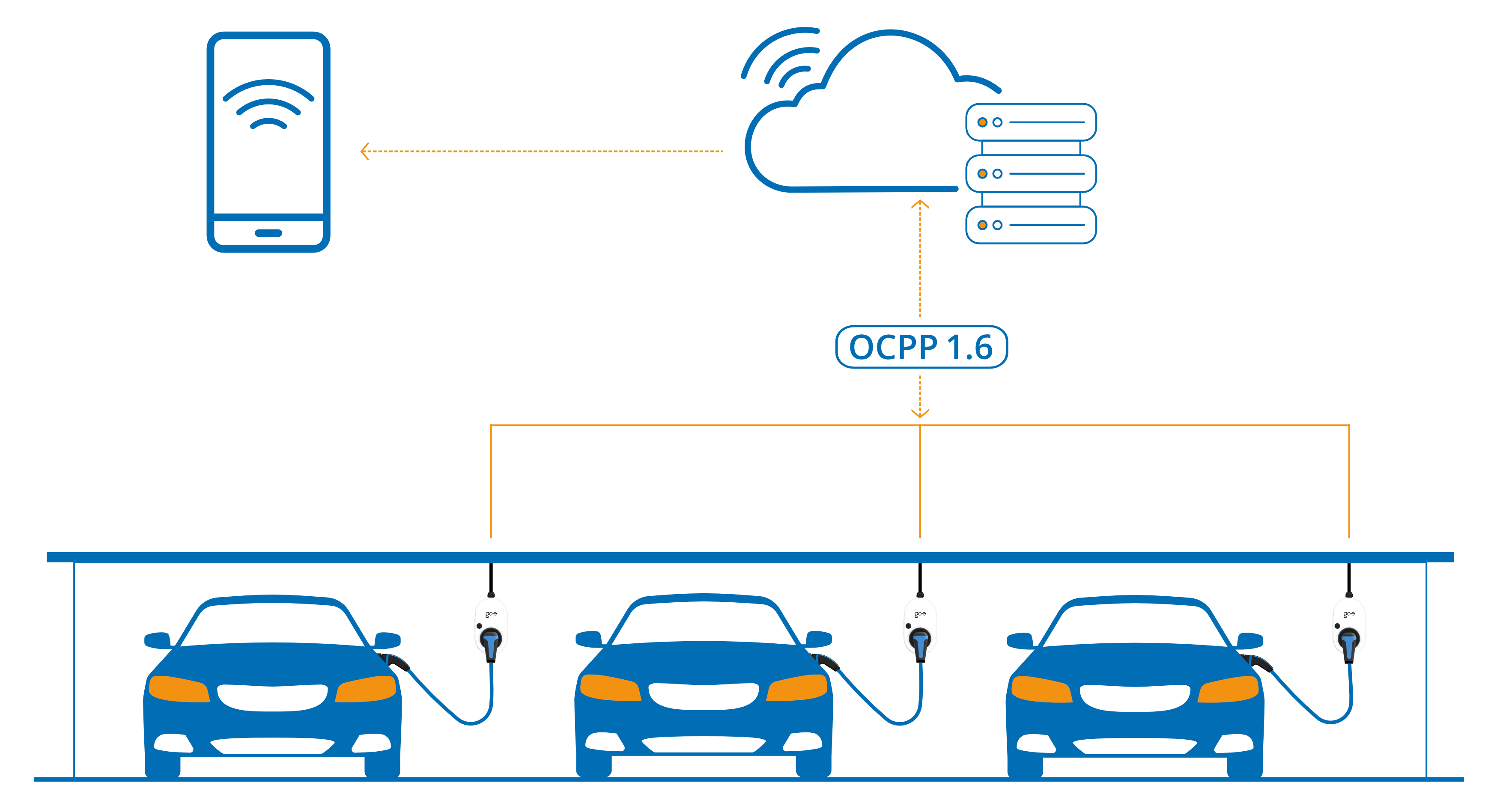Introduction:
With the increasing popularity of electric vehicles (EVs), the need for efficient and reliable EV charging infrastructure has become more pressing than ever. As a result, the Open Charge Point Protocol (OCPP) has emerged as a critical standard for EV charging stations. In this article, we will explore what OCPP is and why it is essential for the future of EV charging.
What is OCPP?
OCPP is an open-source communication protocol that was developed to facilitate interoperability between EV charging stations and various other systems, such as network management systems, payment systems, and EVs. The protocol is based on the client-server architecture, where the EV charging station is the server, and the other systems are the clients.
OCPP allows for two-way communication between the EV charging station and the other systems. This means that the charging station can receive and send information, such as charging session data, tariff information, and error messages. The protocol also provides a set of standardized messages that allow the charging station to interact with the other systems in a standardized way.
Why is OCPP important?
Interoperability:
One of the most critical benefits of OCPP is interoperability. With different EV charging station manufacturers, network management systems, and payment systems, there is a need for a standard protocol that allows these systems to communicate with each other. OCPP provides this standard, making it easier for different systems to work together seamlessly. This means that EV drivers can use any OCPP-compliant charging station, regardless of the manufacturer, and be confident that their EV will charge correctly.
Future-proofing:
The EV charging infrastructure is still relatively new and constantly evolving. As a result, there is a need for a protocol that can adapt to new technologies and features as they emerge. OCPP is designed to be flexible and adaptable, making it future-proof. This means that as new features and technologies become available, OCPP can be updated to support them.
Remote management:
OCPP allows for remote management of EV charging stations. This means that charging station owners can monitor the charging stations’ performance, view usage data, and perform software updates remotely. Remote management can save time and money, as it eliminates the need for on-site maintenance.
Integration:
OCPP makes it easy to integrate EV charging stations with other systems, such as energy management systems, billing systems, and smart grid systems. Integration can provide a range of benefits, such as more efficient charging, better load balancing, and improved grid stability.
Security:
OCPP provides a secure way of transmitting data between EV charging stations and other systems. The protocol includes authentication mechanisms and encryption, making it difficult for unauthorized parties to access sensitive data.
Open source:
Finally, OCPP is an open-source protocol. This means that anyone can use and contribute to the protocol’s development. Open-source protocols are often more robust and reliable than proprietary protocols because they are subject to peer review and can be tested and improved by a broader community of developers.
Conclusion:
In conclusion, OCPP is a critical standard for the future of EV charging. It provides a range of benefits, such as interoperability, future-proofing, remote management, integration, security, and openness. As EV charging infrastructure continues to evolve, OCPP will play an essential role in ensuring that different systems can work together seamlessly. By adopting OCPP-compliant charging stations, EV charging station owners can provide a more reliable and efficient charging experience for their customers while also future-proofing their investments.
Post time: Mar-09-2023




